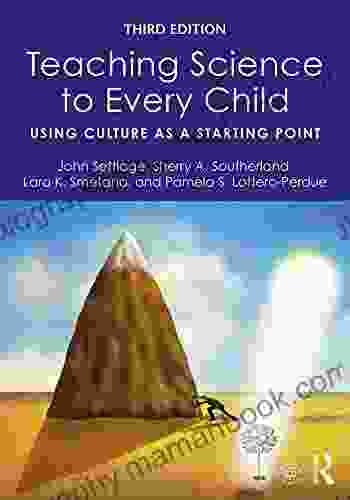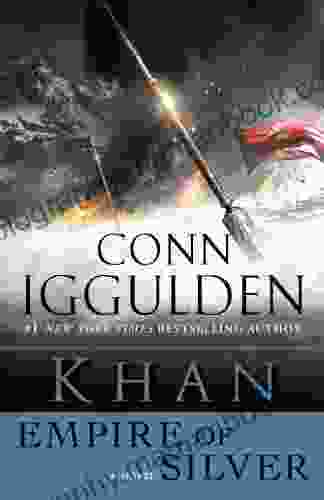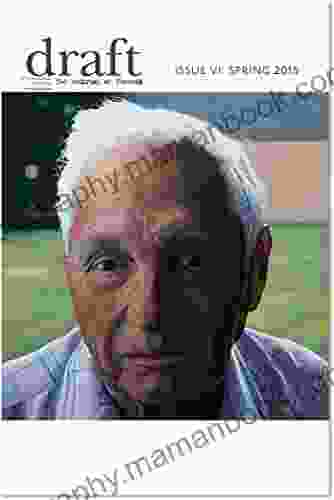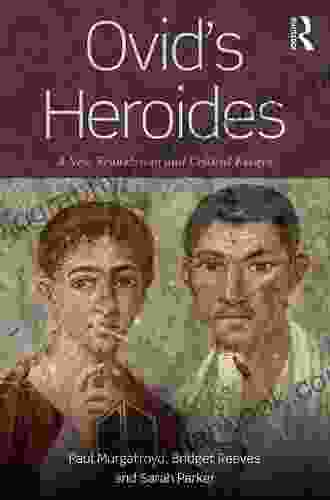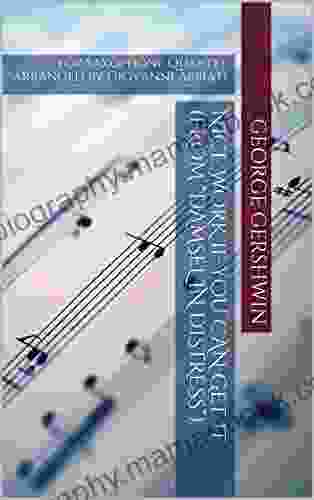Teaching Science To Every Child

A Mission to Cultivate Future Innovators
Science education holds an irreplaceable role in shaping the minds of our young learners, empowering them with the critical thinking, problem-solving, and creativity skills that are indispensable for navigating the complexities of the modern world. Nurturing a love of science in every child, regardless of their background or abilities, is paramount to unlocking their potential and equipping them with the tools to become informed, scientifically literate citizens.
4.6 out of 5
| Language | : | English |
| File size | : | 10027 KB |
| Text-to-Speech | : | Enabled |
| Screen Reader | : | Supported |
| Enhanced typesetting | : | Enabled |
| Word Wise | : | Enabled |
| Print length | : | 339 pages |
1. Fostering a Culture of Curiosity and Discovery
At the heart of effective science teaching lies the ability to ignite a spark of curiosity within each student. This can be achieved through hands-on, inquiry-based learning experiences that allow children to explore scientific concepts firsthand. When provided with opportunities to question, explore, and make discoveries, they develop a deep-seated understanding of the natural world and a lifelong thirst for knowledge.

2. Making Science Accessible and Inclusive
Creating an inclusive science classroom is essential for ensuring that every child has an equal opportunity to succeed. This involves differentiating instruction, providing appropriate accommodations, and creating a welcoming and supportive learning environment. By adapting materials and activities to meet the diverse needs of students, we can break down barriers and empower all learners to participate fully in scientific exploration.

3. Empowering Students with Hands-On Learning
Hands-on science experiences are indispensable for making learning tangible and engaging. By allowing students to interact with scientific equipment, conduct experiments, and draw their own s, we provide them with a unique opportunity to build conceptual understanding and develop critical thinking skills. Practical activities make science come alive, fostering a deeper appreciation for the subject matter.
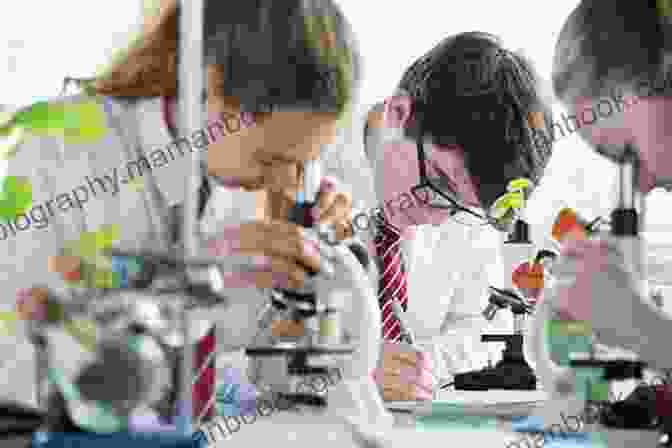
4. Integrating Science Across the Curriculum
Integrating science into other subject areas, such as mathematics, language arts, and social studies, provides a holistic and interconnected learning experience for students. By exploring scientific concepts through different lenses, they develop a broader understanding of the world and make meaningful connections between seemingly disparate disciplines.
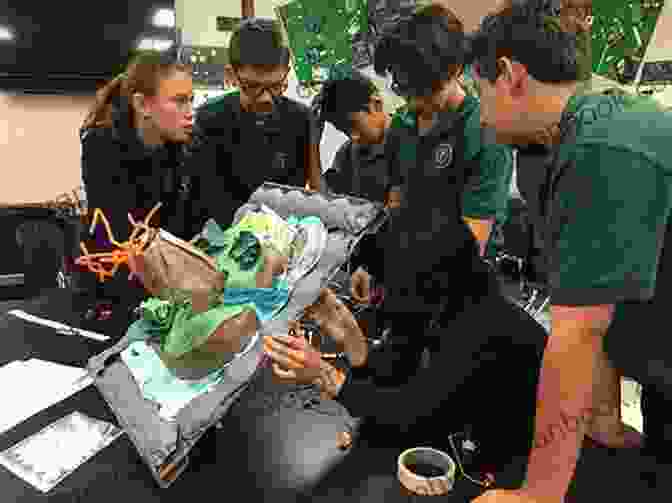
5. Embracing Technology as a Tool for Engagement
Technology can be a powerful tool for engaging students and enhancing science learning. Interactive simulations, virtual reality experiences, and online resources can provide students with immersive and accessible ways to explore scientific concepts and conduct virtual experiments. By integrating technology into the science curriculum, we can cater to diverse learning styles and make science more accessible and enjoyable.
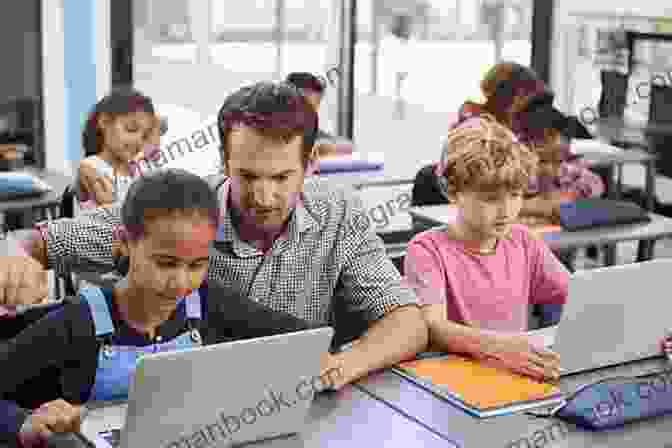
6. Professional Development for Educators
Investing in the professional development of science teachers is crucial for ensuring that they are equipped with the knowledge and skills necessary to effectively teach science to every child. Ongoing training and support empower teachers to implement innovative teaching strategies, differentiate instruction, and create inclusive learning environments.
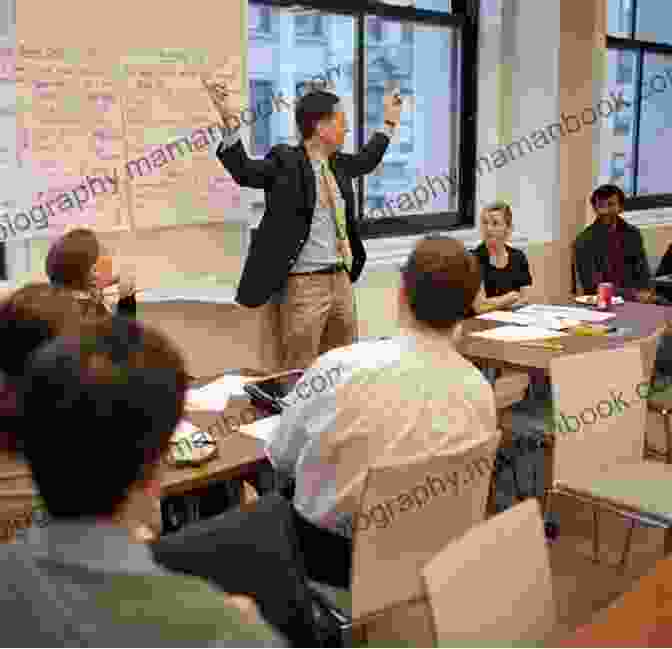
7. Community Involvement and Partnerships
Collaboration between schools and community organizations can greatly enrich science education. By partnering with local science museums, universities, and businesses, we can provide students with access to cutting-edge resources, guest speakers, and field trips that spark their interest in science and expose them to potential career pathways.
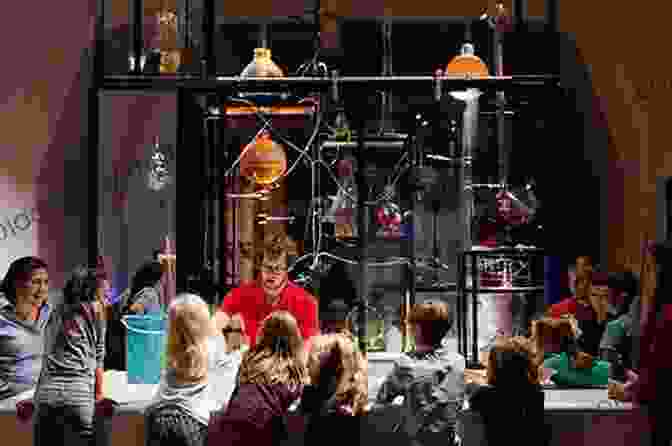
: The Power of Science Education
Teaching science to every child is not merely a matter of imparting knowledge but a profound responsibility to nurture future generations of scientists, innovators, and problem-solvers. By embracing the principles of inquiry-based learning, differentiation, inclusivity, and collaboration, we can create a world where every child has the opportunity to discover the wonders of science and reach their full potential. Together, let us ignite the spark of scientific curiosity in every young mind and empower them to shape a brighter, more scientifically literate future.
4.6 out of 5
| Language | : | English |
| File size | : | 10027 KB |
| Text-to-Speech | : | Enabled |
| Screen Reader | : | Supported |
| Enhanced typesetting | : | Enabled |
| Word Wise | : | Enabled |
| Print length | : | 339 pages |
Do you want to contribute by writing guest posts on this blog?
Please contact us and send us a resume of previous articles that you have written.
 Top Book
Top Book Novel
Novel Fiction
Fiction Nonfiction
Nonfiction Literature
Literature Paperback
Paperback Hardcover
Hardcover E-book
E-book Audiobook
Audiobook Bestseller
Bestseller Classic
Classic Mystery
Mystery Thriller
Thriller Romance
Romance Fantasy
Fantasy Science Fiction
Science Fiction Biography
Biography Memoir
Memoir Autobiography
Autobiography Poetry
Poetry Drama
Drama Historical Fiction
Historical Fiction Self-help
Self-help Young Adult
Young Adult Childrens Books
Childrens Books Graphic Novel
Graphic Novel Anthology
Anthology Series
Series Encyclopedia
Encyclopedia Reference
Reference Guidebook
Guidebook Textbook
Textbook Workbook
Workbook Journal
Journal Diary
Diary Manuscript
Manuscript Folio
Folio Pulp Fiction
Pulp Fiction Short Stories
Short Stories Fairy Tales
Fairy Tales Fables
Fables Mythology
Mythology Philosophy
Philosophy Religion
Religion Spirituality
Spirituality Essays
Essays Critique
Critique Commentary
Commentary Glossary
Glossary Bibliography
Bibliography Index
Index Table of Contents
Table of Contents Preface
Preface Introduction
Introduction Foreword
Foreword Afterword
Afterword Appendices
Appendices Annotations
Annotations Footnotes
Footnotes Epilogue
Epilogue Prologue
Prologue Danni Roan
Danni Roan Soraya M Lane
Soraya M Lane Genealogy Girl Talks
Genealogy Girl Talks Pernille Rudlin
Pernille Rudlin Zo J
Zo J Kristen Mattson
Kristen Mattson Andrey Sokurec
Andrey Sokurec Rebecca Yarros
Rebecca Yarros Kiru Taye
Kiru Taye Rosemary Gladstar
Rosemary Gladstar Fenella J Miller
Fenella J Miller Shannon Green
Shannon Green Reginald Huff
Reginald Huff Meri Cherry
Meri Cherry Elizabeth Tammi
Elizabeth Tammi Mark Myers
Mark Myers Stephanie Hudson
Stephanie Hudson Andy Evans
Andy Evans Graham Hancock
Graham Hancock Ronald Carter
Ronald Carter
Light bulbAdvertise smarter! Our strategic ad space ensures maximum exposure. Reserve your spot today!

 Harold PowellImmerse Yourself in the Enchanting World of Harry Potter and the Half-Blood...
Harold PowellImmerse Yourself in the Enchanting World of Harry Potter and the Half-Blood...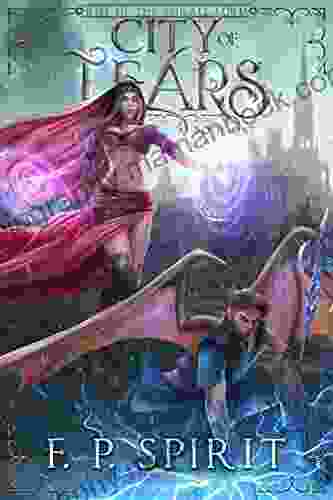
 Chase SimmonsCity of Tears: Rise of the Thrall Lord - An Epic Urban Fantasy Adventure with...
Chase SimmonsCity of Tears: Rise of the Thrall Lord - An Epic Urban Fantasy Adventure with... Ian PowellFollow ·8.6k
Ian PowellFollow ·8.6k Sidney CoxFollow ·9.8k
Sidney CoxFollow ·9.8k Holden BellFollow ·4.6k
Holden BellFollow ·4.6k Enrique BlairFollow ·14.8k
Enrique BlairFollow ·14.8k Dave SimmonsFollow ·16.8k
Dave SimmonsFollow ·16.8k Deacon BellFollow ·5.1k
Deacon BellFollow ·5.1k Elmer PowellFollow ·7.9k
Elmer PowellFollow ·7.9k Grant HayesFollow ·11.9k
Grant HayesFollow ·11.9k
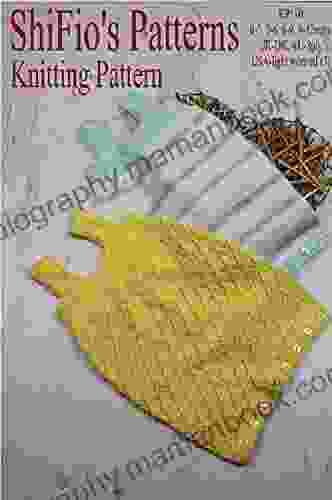
 Barry Bryant
Barry BryantKnitting Pattern Kp190 Baby Sleeping Bags Sizes 3mths...
This easy-to-follow...

 Rudyard Kipling
Rudyard KiplingFolk Music Arrangements of Bartók: A Musical Tapestry of...
Béla Bartók, the renowned...
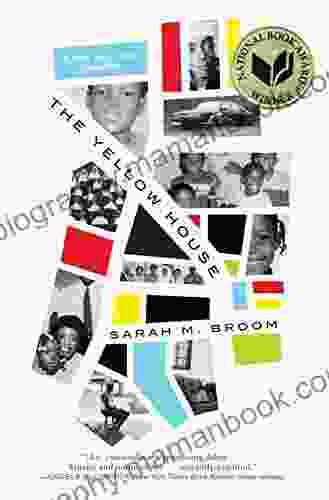
 Garrett Bell
Garrett BellThe Yellow House Memoir: A Literary Masterpiece that...
A Journey of Resilience,...

 George Martin
George MartinAssassin Witch Dark Faerie: The Bonegates
In the shadowy...
4.6 out of 5
| Language | : | English |
| File size | : | 10027 KB |
| Text-to-Speech | : | Enabled |
| Screen Reader | : | Supported |
| Enhanced typesetting | : | Enabled |
| Word Wise | : | Enabled |
| Print length | : | 339 pages |


